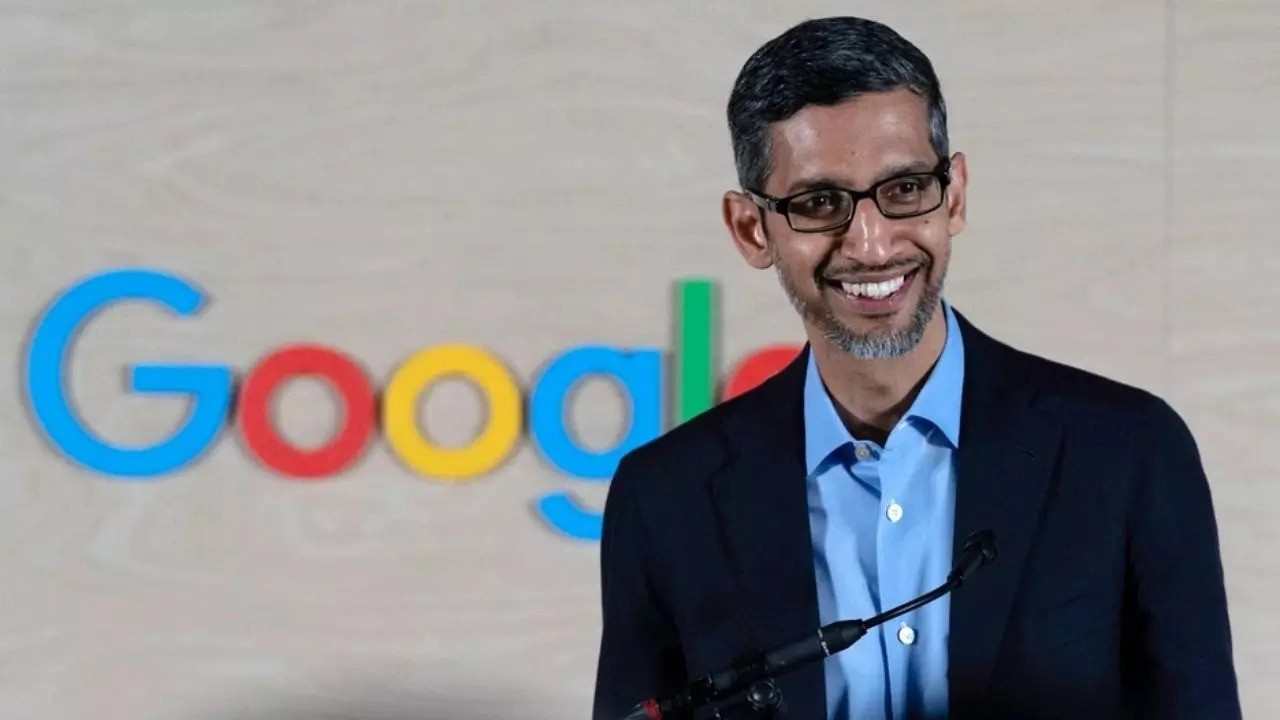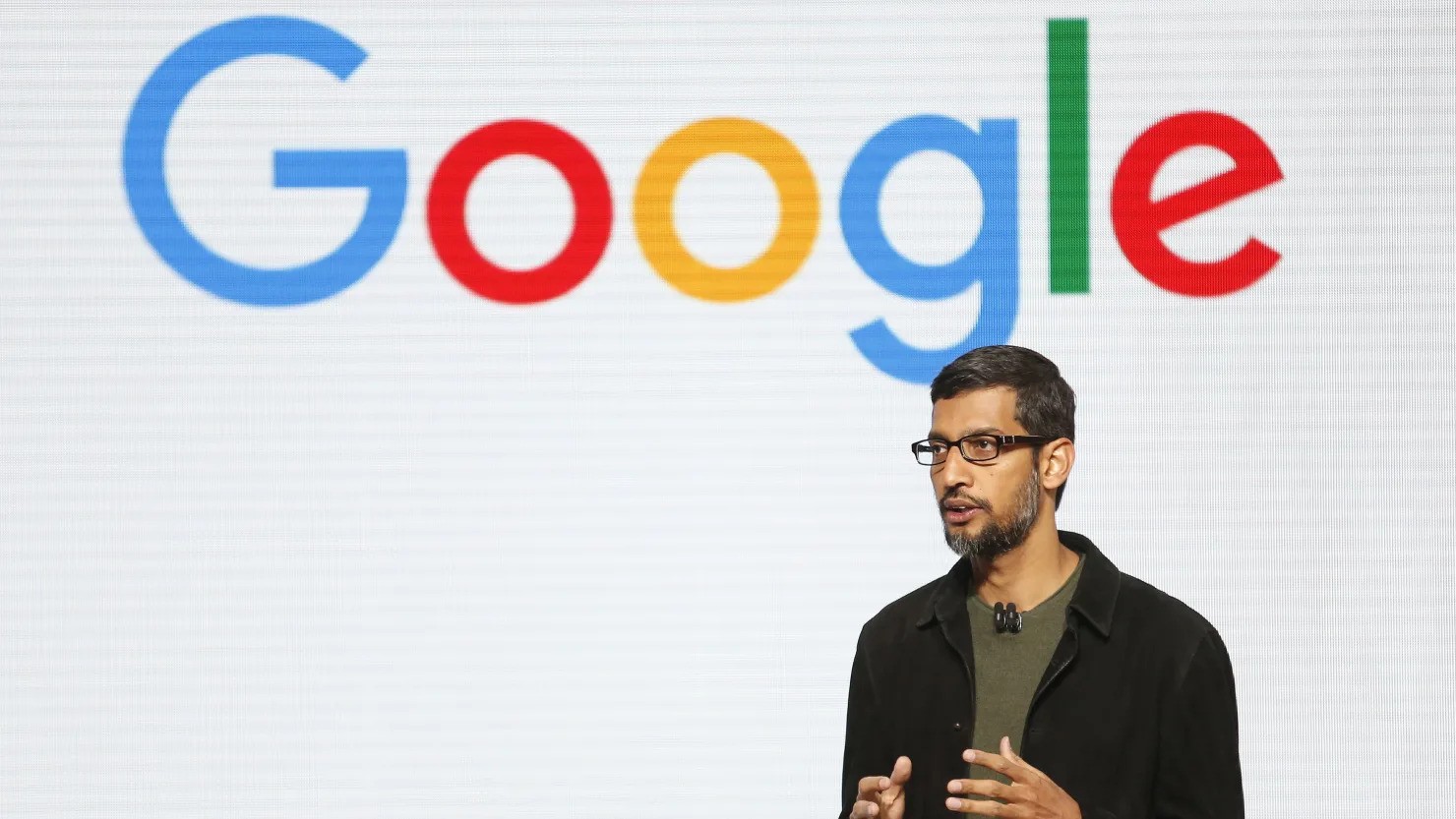Artificial intelligence (A.I.) is on track to surpass some of history’s most transformative innovations, according to Google CEO Sundar Pichai. Speaking at a town hall event in San Francisco, Pichai delivered a powerful statement about the future of A.I.
“AI is one of the most important things humanity is working on. It is more profound than, I dunno, electricity or fire,” Pichai declared, reflecting the magnitude of this technology.
Pichai’s bold comments are not without competition. Tech mogul Elon Musk has warned that A.I. is “more dangerous than North Korea,” while physicist Stephen Hawking claimed it could be the “worst event in the history of our civilization.” Even Sam Altman, President of Y Combinator, likens A.I.’s impact to nuclear fission. Still, Pichai’s comparison of A.I. to fundamental forces like fire and electricity has raised eyebrows.
Harnessing Fire, Controlling A.I.
Pichai acknowledged the dangers of fire but emphasized how humanity has learned to control it for its benefit. “Well, it kills people, too,” Pichai remarked about fire. “We have learned to harness fire for the benefits of humanity but we had to overcome its downsides too. So my point is, AI is really important, but we have to be concerned about it.”

Pichai’s words highlight a crucial point: while A.I. promises to revolutionize many aspects of life, there are legitimate concerns about its broader implications. As A.I. continues to develop, its potential risks are becoming a focus of discussion among global leaders.
AI in Everyday Life
Despite its futuristic image, A.I. is already deeply integrated into daily life. Pichai pointed out, “It is important to help people understand that they use AI today. AI is just making computers more intelligent and being able to do a wide variety of tasks and we take it for granted whenever something happens and we adopt it” he explained.
From searching for “sunset” images to finding photos of people hugging on Google Photos, A.I. enables everyday tasks, often without users even realizing its involvement.
“This is all because of AI. …[T]here are early stages of AI here and we use it today,” Pichai added.
The Future of A.I.: Promise and Peril
Looking forward, Pichai believes A.I. could play a pivotal role in solving critical issues, including deadly diseases. “AI holds the potential for some of the biggest advances we are going to see. You know whenever I see the news of a young person dying of cancer, you realize AI is going to play a role in solving that in the future, so I think we owe it to make progress,” Pichai stated passionately.
However, even with such promise, Pichai urged caution. “It is right to be concerned, absolutely, you have to worry about it otherwise you are not going to solve it” he added, acknowledging the concerns that accompany the rise of A.I.
Addressing Job Displacement and Workforce Evolution
One of the most pressing concerns surrounding A.I. is its potential to replace low-skilled labor, with automation threatening jobs across various industries. Pichai’s response to these worries has been proactive. Google has pledged $1 billion toward job retraining over the next five years to help workers transition into new roles in a technology-driven world. But as YouTube CEO Susan Wojcicki pointed out, addressing the workforce challenges posed by A.I. will require collaboration between the private sector and the government. “Companies and the government are going to need to work together,” Wojcicki emphasized.

With technology progressing at breakneck speed, retraining and continuous learning will be key to preparing workers for the jobs of the future. As Wojcicki put it, “Technology is going to continue, it is going to continue to move forward. You need to move forward with that technology responsibly.”
Education Must Keep Pace with Technological Change
Pichai also highlighted the importance of education in an era of rapid technological advancement. The old model of acquiring education early in life, then coasting through a career, is no longer viable. “We know that 20 to 30 years ago, you educated yourself and that carried you through for the rest of your life. That is not going to be true for the generation which is being born now. They have to learn continuously over their lives. We know that. So we have to transform how we do education,” Pichai said.
As artificial intelligence forces widespread changes across industries, education systems will need to adapt. “We have to transform how we do education,” Pichai urged, stressing that lifelong learning will become a necessity in the A.I. age.
The Future Is Here, With or Without Google
Ultimately, Pichai is clear that A.I. will continue to evolve regardless of whether Google leads the charge. “It is important to understand that tomorrow, whether Google is there or not, artificial intelligence is going to progress. Technology has this nature. It is going to evolve,” he stated, reminding everyone of the inevitability of technological progress.
As society moves forward with artificial intelligence, the challenge will be to harness its power responsibly, ensuring the benefits far outweigh the risks. For now, Pichai’s vision of A.I. paints both a promising and cautious picture of the future.



